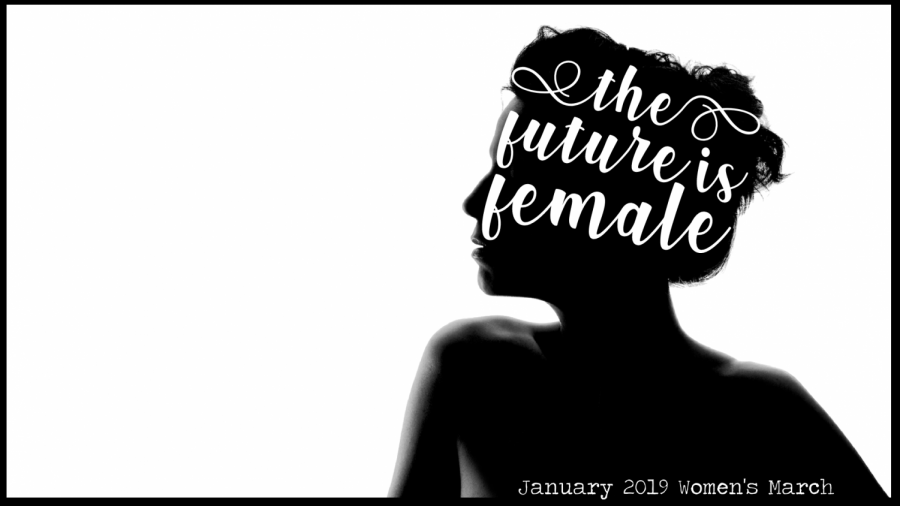March For Our Rights
February 16, 2019
On January 19th, 2019, the Women’s March took over the streets of Washington D.C. Dozens of marches occurred throughout the nation; California hosted more than thirty separate marches, New York fifteen, Texas thirteen, and eleven in Florida. Mihir Dontamsetti ‘20 emphasizes that “it is incredible that so many people are willing to put aside time to share their ideas and fight for the greater good.” For the past few years, men and women have banded together to fight for gender equality. Though people marched with the same purpose, there were some stark differences between last year’s March and this year’s.
For one thing, allegations of antisemitism and mismanagement dog the leaders of and threaten the future of the Women’s March. Accusations state that co-chairs Tamika Mallory and Carmen Perez once said “Jewish people hold a responsibility as exploiters of brown and black people.” Furthermore, an organizer claimed that “Mallory berated a March co-founder over her Jewish identity.” However, Cassady Fendlay, communications director of the Women’s March, asserts that she was present at both meetings, and both of these accusations are false. She expresses her concern because she wants Jewish women to feel welcomed and advocated for in the community.
Other controversies have occurred in relation to the Women’s March. Often, people critique the March for focusing on issues more pertinent to white women and for ignoring the hardships of women of color. The experiences of white women and women of color differ tremendously, and many women of color feel that their voices do not resound in the march. Moreover, the march has faced backlash for excluding anti-abortion groups in their rallies. Many pro-life groups contend that they would like to be a part of the Women’s March, but they do not feel that the atmosphere is inclusive.
In spite of these controversies, the Women’s March has had a tremendous effect on America, helping to inspire the wave of female candidates who ran and won in the 2018 midterm elections. Additionally, the concept of intersectional feminism has garnered more attention, rendering the Women’s Movement much more inclusive and accepting of people of various backgrounds. Jackie Beran ‘20, who has marched in the past, claims that “the environment is extremely friendly and supportive. This march is a great way for men and women alike to celebrate their progress and venture further in the journey towards achieving equality. I am grateful to have had the experience.” While some controversies remain unresolved, it is imperative that men and women continue to take to the streets and express their ideas for many years to come; this is, after all, the crux of our democracy.

